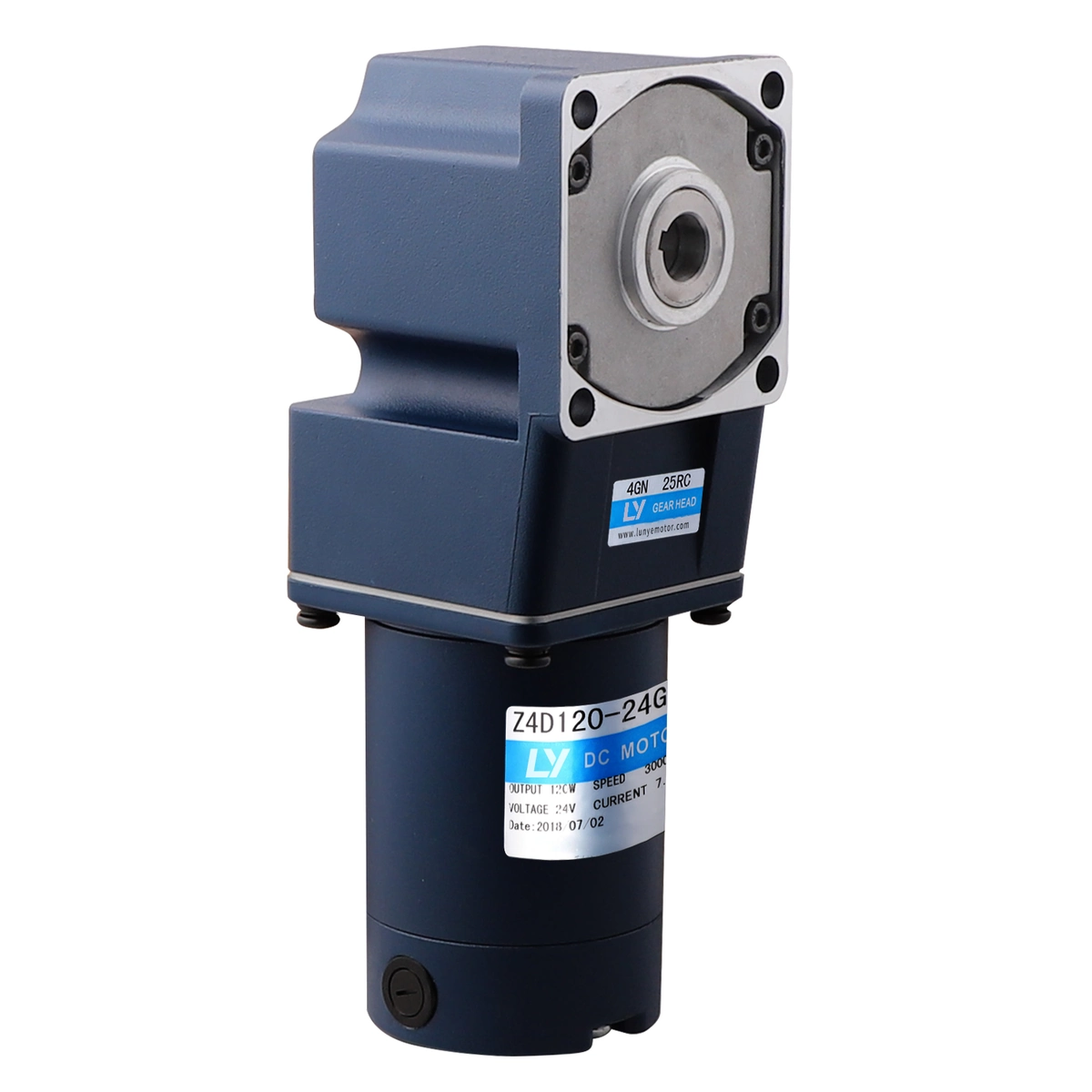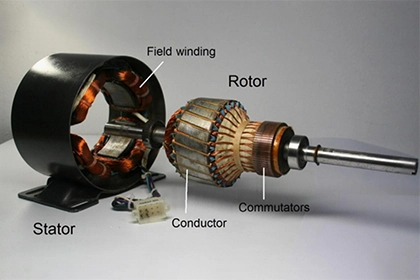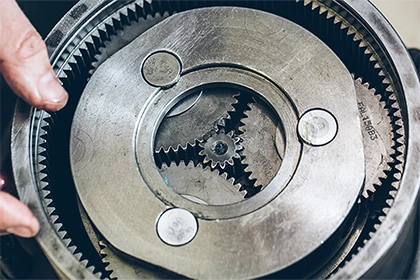
What will happen if a DC motor is used without a starter?
Using a DC motor without a starter can lead to high inrush current, potential damage to the motor windings, and a lack of control over the motor's starting and stopping processes, compromising its efficiency, reliability, and protection.
Direct current (DC) motors are key components in a variety of industrial applications, from electric vehicles to automated machinery. At the heart of these systems, a key component known as the "starter" plays a vital role in their operation. But what happens when a DC motor does not have a starter? This article explores the potential outcomes and inherent risks involved.
Understanding starters
A starter is a device that controls the initial current surge when a DC Motor starts. When a motor starts, the armature (a set of coils carrying current) is stationary, and the counter electromotive force (EMF) is zero. The counter-electromagnetic force is opposite to the supply voltage and is generated as the armature rotates. Therefore, with zero reverse electromotive force at motor startup, the armature current may increase dramatically, resulting in a current surge.
Possible risks encountered
The purpose of the starter is to limit the initial current to a safe level and ensure that the motor operates within its design parameters. Without it, the motor may experience a variety of problems.
-
Risk of overheating
One of the main problems with using a DC motor without a starter is overheating. Since the initial current is not limited, the rated current of the motor may be exceeded. High currents generate a lot of heat, and the motor may not be designed to dissipate that heat effectively. Overheating can lead to insulation failure, damage to the motor windings, and possibly complete motor failure. -
Mechanical stress and wear
In addition to overheating problems, the sudden application of torque can cause mechanical stress. DC motors without starters can experience sudden starts, which can cause significant mechanical stress on various motor components, including bearings, shafts, and couplings. Over time, this can lead to increased wear and tear, which can shorten the life of the motor.
Possibility of damage to the electrical system
The high inrush current that occurs when a motor is started without a starter can also affect other components of the electrical system. This phenomenon can lead to a drop in supply voltage that affects other equipment connected to the same network. In severe cases, it may even cause a circuit breaker to trip or a fuse to blow, causing the entire system to shut down.
Conclusion
While it may seem simpler to operate a DC motor without a starter, using a DC motor without a starter can lead to overheating, increased mechanical stress, and potential damage to the wider electrical system.



Leave a Comment